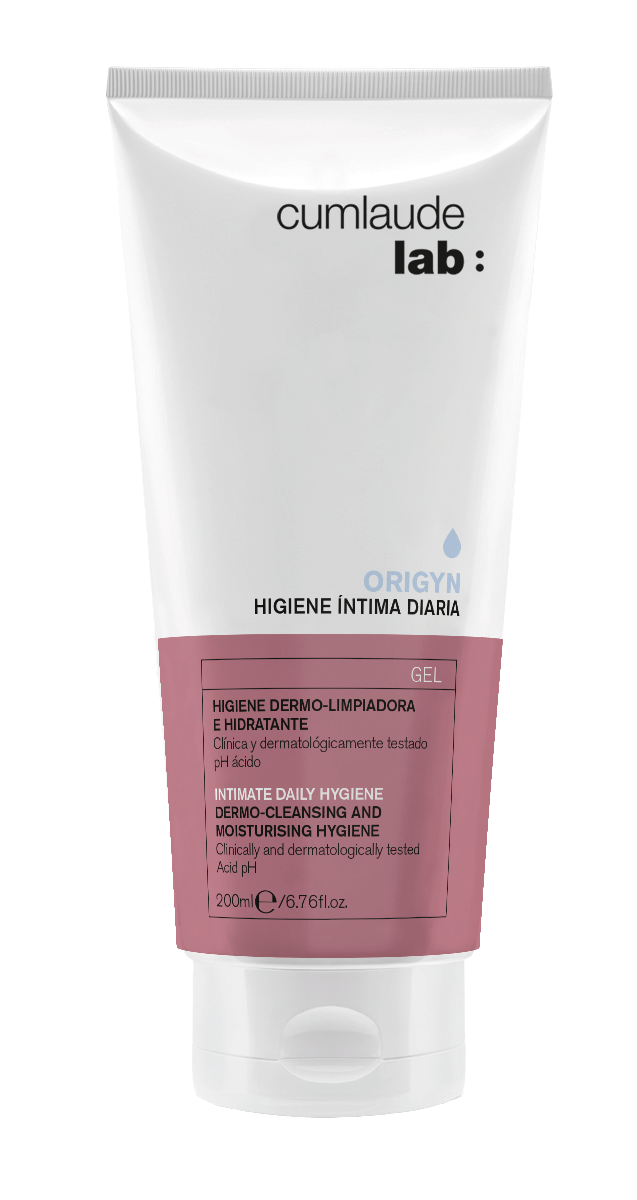- Intimate Health
- 30/07/2025
- ARTICLE
- 4 MIN
Have you ever felt a little lost about how to properly care for your intimate area? Do not worry! Many women ask themselves the same questions. The truth is that intimate hygiene is an important issue for our health and well-being, but sometimes it is surrounded by myths and confusions. In this article, we’ll walk you through it step-by-step so you can create an intimate hygiene routine that makes you feel comfortable, safe, and healthy. Start!
Why is Intimate Hygiene important?
Your intimate area is delicate and deserves special attention. Proper intimate hygiene helps you prevent infections, irritations and other discomforts that can affect your quality of life. In addition, it allows you to feel more fresh and confident about yourself.
Guidelines to improve your intimate hygiene routine:
1. Wash only the external genitals
The key to a good hygiene routine is gentleness. The vaginal area has its own natural cleansing mechanisms, such as vaginal discharge and internal vaginal flora, so it is not necessary (or recommended!) to use harsh products that can alter the pH inside. Focus on gently washing the external genitals with warm water and a gel specifically for intimate use.
2. Say no to douching!
Forget douching. While they may seem like a good idea, they actually alter the natural pH of your vaginal flora and can cause more harm than good.
3. Use intimate gels specific to the vaginal area
Traditional soaps that can dry out vulvar skin and alter the vaginal microbiota. Therefore, for your daily intimate hygiene, choose gentle and specific intimate gels for the care of the vaginal area, which respect the natural pH of your skin and do not contain irritating ingredients. For gentle and irritation-free cleaning, choose SYNDET products (no harsh detergents), hypoallergenic and no irritating fragrances.
4. Wash your intimate area properly:
- Wash your intimate area a maximum of twice a day (as excessive cleansing can alter the pH and vaginal flora)
- Use your own clean hand (sponges and mittens can be a breeding ground for germs).
- Always wash from front to back to avoid infection.
- Rinse with plenty of warm water and pat dry.
5. Watch out for intimate deodorants!
Even if you are worried about the smell of your genital area, do not use intimate deodorants! These products, deodorants, and scented products, especially if they contain alcohol, can irritate your skin and disrupt its natural balance. A slight odor is normal and does not indicate poor hygiene. However, if you have noticed a persistent and intensified change in the smell of your intimate area, see a medical professional: it could be a sign of infection.
6. Choose the right underwear
Wear cotton underwear, breathable and loose-fitting. Avoid fabrics such as silk or other synthetic fabrics that retain moisture and promote the appearance of germs. And remember to change your underwear every day and wash it with mild detergents!
7. Sex: clean up before and after
Whenever possible, clean your intimate area before and after sex to avoid infection. Urinating after the act also helps prevent other UTIs, such as cystitis.
8. Other tips for perfect intimate hygiene:
- Don’t over-wax! Pubic hair is here for a reason: it serves the function of protecting your intimate area, so you don’t need to wax the intimate area completely.
- Change your menstrual products regularly. During menstruation, remember to frequently change your tampons, pads and/or menstrual cups to avoid infections.
- Listen to your body! If you experience discomfort, itching, unusual discharge, or any other symptoms in your intimate area, don’t hesitate to consult your doctor!
Taking care of your intimate health is an act of self-love. By following these simple tips, you can create an intimate hygiene routine that makes you feel comfortable, safe, and healthy. Remember that every woman is different, so find what works best for you!

Origyn Daily Intimate Cleansing Gel
Moisturizing gentle cleansing gel for everyday freshness

